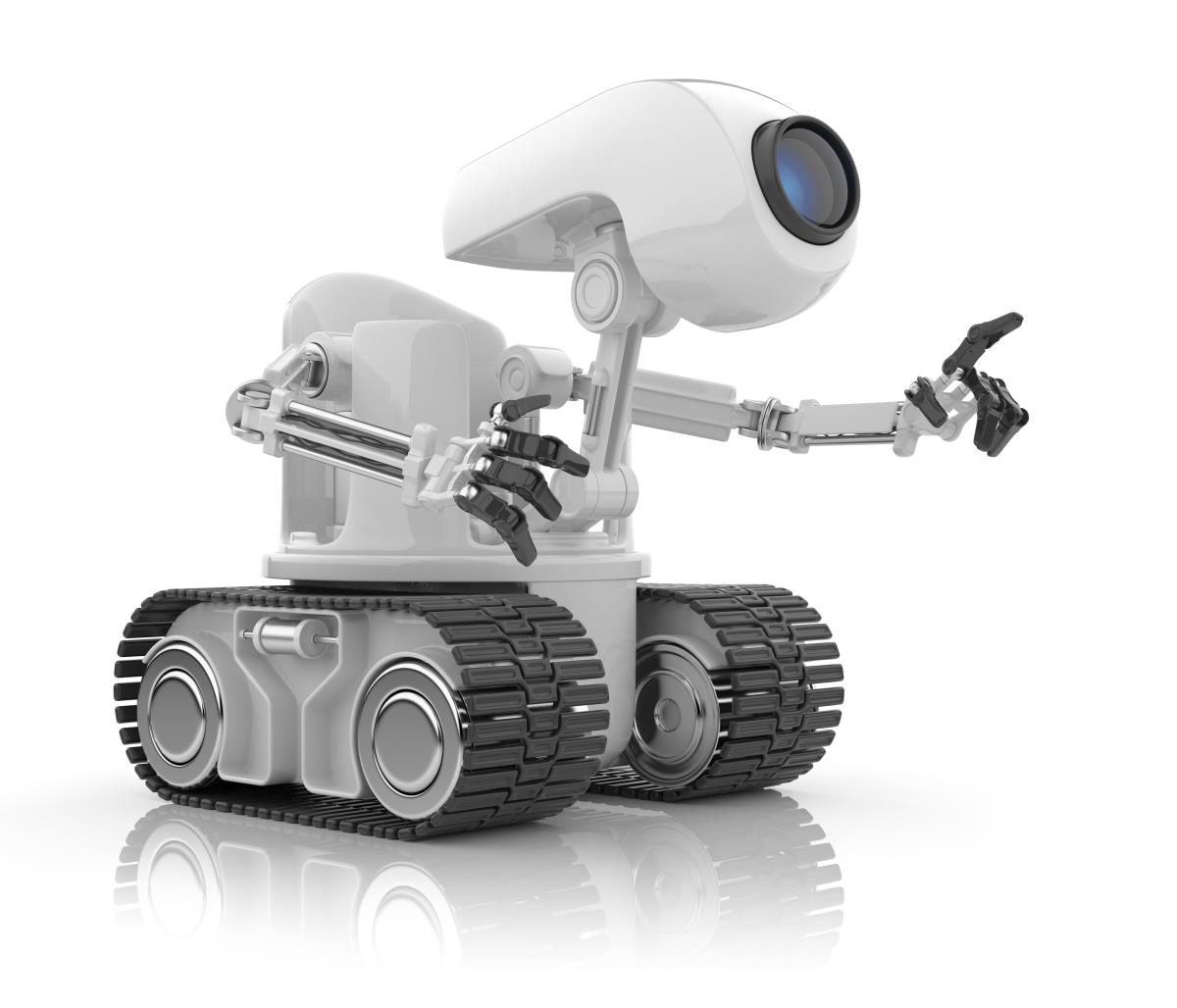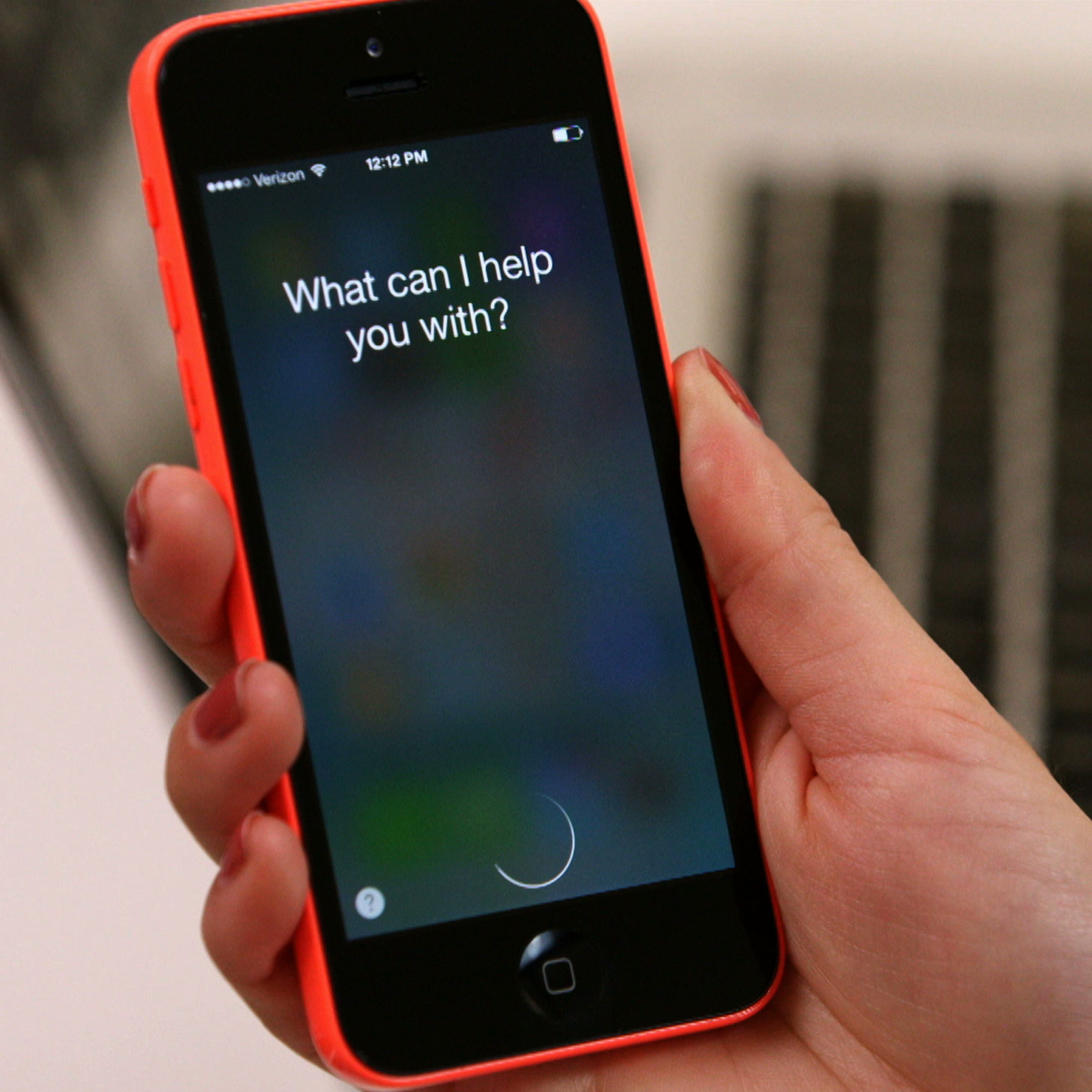
Advertisement
Jeff Bezos, the CEO of Amazon, uncharacteristically tweeted back at a recent New York Post article touting the technological titan’s plans to create a “two-story automated grocery store” with a 20% profit margin made possible by automation and robot employees. The article decreed that potentially 2000 of these grocery stores, ranging “between 10,000 and 40,000 square feet” were on Amazon’s radar.
Those unheard of 20% margins would be made possible due to a virtual elimination of human labor, estimating that at certain times the stores could operate with as few as three flesh and blood types, while robots and automation handled most of the chores. Bezos, as reported by USA Today, was quick to dispute the story, which was indeed “based entirely on unnamed sources [who had been] briefed on the plans.” He tweeted:
@nypost, whoever your anonymous sources are on this story https://t.co/VFyzGQcOAZ – they’ve mixed up their meds!
— Jeff Bezos (@JeffBezos) February 7, 2017
Josh Kosman, the writer from the Post, responded that he was “standing by his story.” And why wouldn’t he? The technological reach of Amazon has already taken many leaps into robotics and automation. And the prototype for this “planned expansion” already exists in Bezo’s ever widening retail domination. The newly opened Amazon GO is based in Seattle, where a smartphone and handy Amazon app checks you in, identifies all the purchases you place in your hands or bag and then sends an invoice to your Amazon account while you breeze out the door. There’s no need for those pesky human cashiers or long lines waiting to be checked out.

Amazon’s CEO can deny the report all he wants, but he knows full well, and so do all who are awake, that it’s abundantly clear the global economy is being transformed while society sleepwalks in lock step. Robots will take over millions of jobs, the “messy, dirty” cash in your pocket will be eliminated and replaced with digital bits and bytes, cars will become driverless, virtual reality will become the social paradigm and the Internet of Things (IoT) will monitor and control your immediate environment, wherever that may be. That is, until the grid goes down. (RELATED: Learn how to prepare at Bugout.news.)
Perhaps, before that inevitable economic and societal collapse, people should consider stocking up on organic Non-GMO long term survival food.
But there’s aren’t thousands of driverless cars yet, only a handful of nations have succumbed to digital currencies, the sun still shines on the fields of organic farmer’s and those 2000 fully automated robot stores from Amazon haven’t been built. Although, despite the protestations of Bezos, they are most likely on the way in while cashiers, customer assistants and shelve stockers are on the way out.
Professor Klaus Schwab, the founder and executive director of the World Economic Forum (WEF) and the many members of the WEF have spent millions of hours and dollars disseminating information about the coming robot revolution and the loss of human jobs. At Davos in 2016, Klaus Schwab waxed eloquently about the effect of robotics, AI, nanotechnology and genetics on governments, legislation, national security, education, employment, medicine, manufacturing, agriculture and warfare and more. While he believes in the power of this transformation, he did quietly reflect on a downside worse than losing one’s job:
“. . . sometimes I wonder whether the inexorable integration of technology in our lives could diminish some of our quintessential human capacities, such as compassion and cooperation… [The coming technological revolution] may deprive us of one of life’s most important assets: the time to pause, reflect, and engage in meaningful conversation.”
Hasn’t that already happened?
Sources:
Submit a correction >>
This article may contain statements that reflect the opinion of the author
Advertisement
Advertisements















